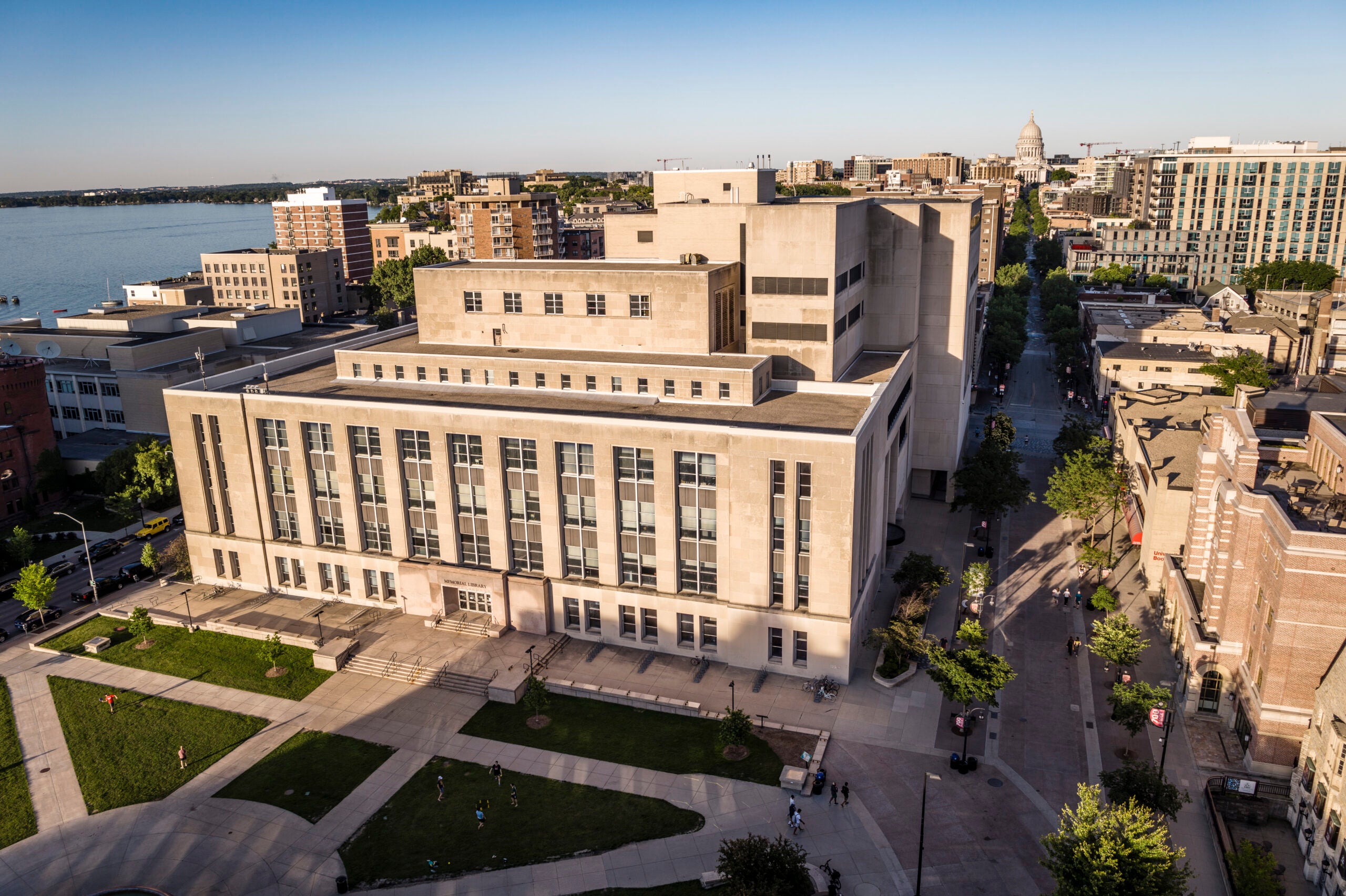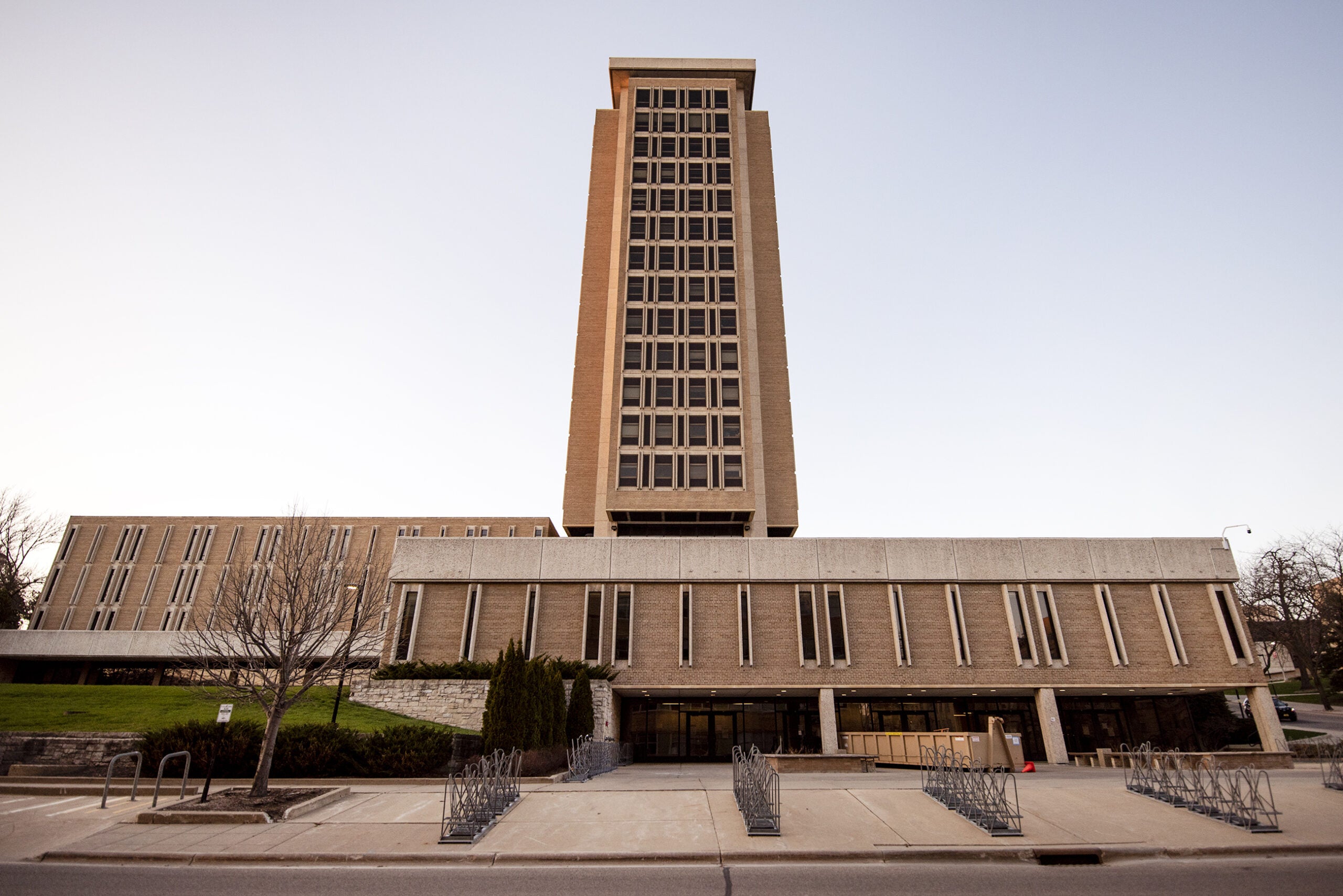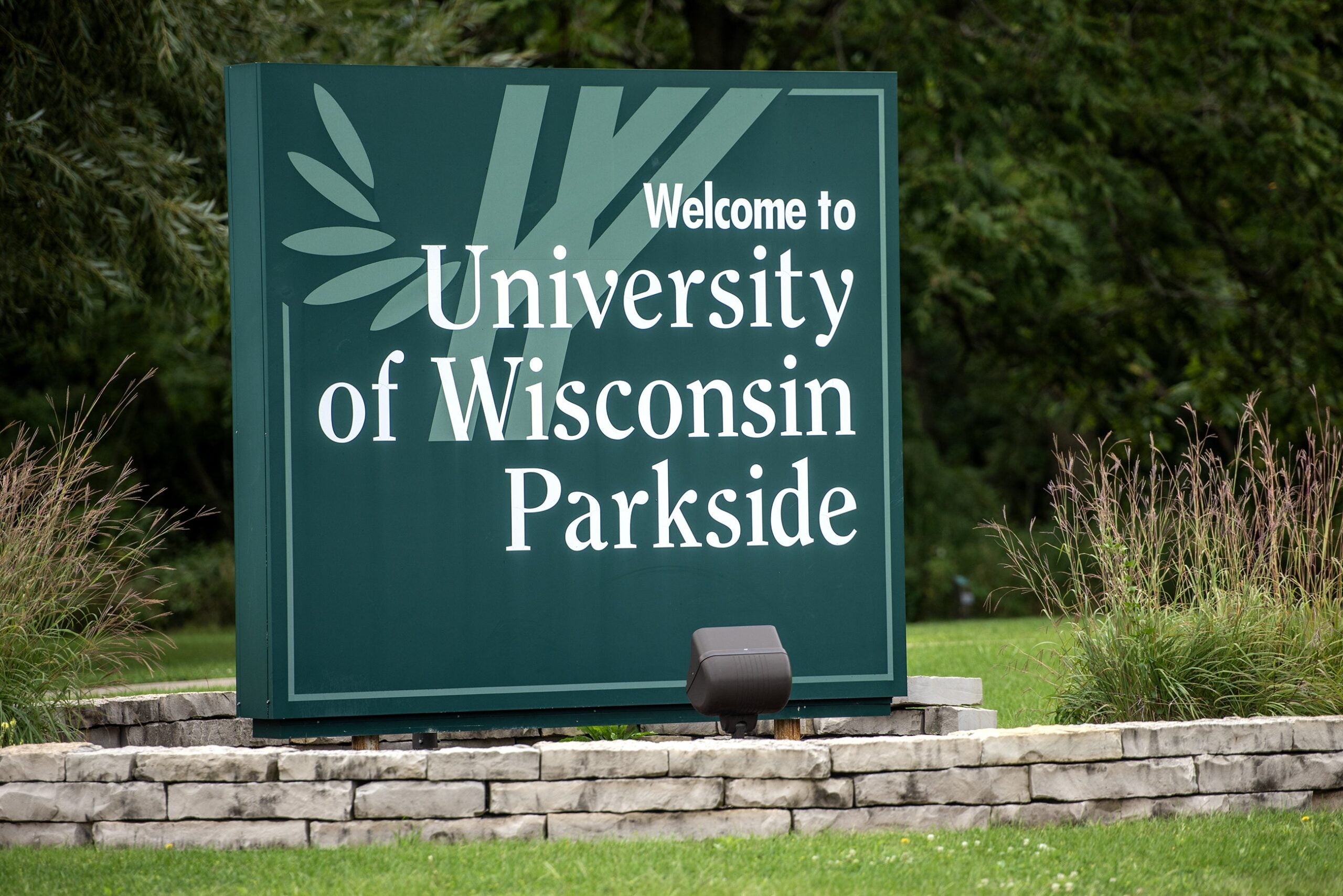University of Wisconsin’s Board of Regents voted in a new set of tenure policies for the system Thursday, despite faculty objections.
The changes allow for tenured faculty layoffs when academic programs are discontinued, and creates a standard policy for post-tenure job reviews across the system. The review policy includes a process for remediation, and eventually, termination of underperforming professors.
Board members adopted minor amendments to the new policy, disappointing faculty who had lobbied for changes like removing financial priorities as a reason for shuttering an academic program, more faculty control over program changes, and additional protections for laid-off colleagues.
News with a little more humanity
WPR’s “Wisconsin Today” newsletter keeps you connected to the state you love without feeling overwhelmed. No paywall. No agenda. No corporate filter.
Faculty leaders have argued that what they see as reductions to tenure protections will put the UW System at a competitive disadvantage.
“There are going to be a lot of ramifications,” said Theresa Duello, a UW-Madison obstetrics professor and an officer of Madison’s United Faculty and Academic Staff union. “If I stand back and look at last couple of hours of discussion, I’m disappointed we’re not talking about leading.”
Duello said faculty at other universities have told her they’re concerned about letting students come to UW-Madison for graduate school, given the recent funding cuts and tenure changes.
Until 2015, tenure policies were written into Wisconsin state law. Then legislators struck tenure from state statutes and gave the power to determine tenure policy to the Board of Regents. The board initially adopted the old tenure language, which only allowed for layoffs of tenured faculty for just cause or in the case of a system-wide financial emergency. However, it also called for a new set of policies to be drafted by April 2016.
Despite faculty concerns, Board of Regents leaders said the new tenure policies will strengthen the system in the long run.
“At the core of what we have been doing since it was signaled this might happen was our desire to protect academic freedom, our desire to be comparable to our peers and our desire to have this be a financially stable institution going forward,” said Regina Millner, president of the board.
José Vásquez, who will finish his term on the board later this spring, disagreed. He said the system’s current fiscal problems did not start with entrenched faculty who refused to close programs and make changes.
“The crisis was the lack of state support. The crisis was the lack of the ability to allow us to raise tuition. It is about money, but believe you me, (changing these policies) isn’t going to give us the money we need to operate this system (at) the quality that we need,” Vásquez said.
He added: “This is a public institution and the state needs to come to understand, what does ‘public institution’ mean.”
The regents passed the new policies on a voice vote, following a brief interruption by student protesters.
Editor’s Note: This story originally featured reporting by the Associated Press. It has since been replaced with reporting from Wisconsin Public Radio.
Wisconsin Public Radio, © Copyright 2025, Board of Regents of the University of Wisconsin System and Wisconsin Educational Communications Board.







